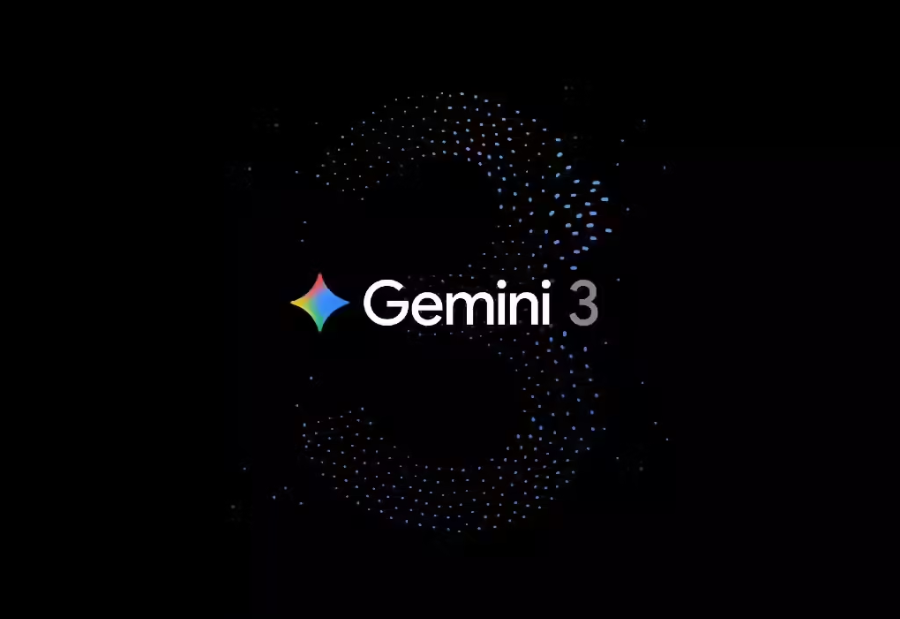Google unveiled the latest version of its artificial intelligence model, Gemini 3, on Tuesday and confirmed that it is already built into several of its revenue generating products, including its main search engine. The company said the new model arrives just eleven months after the previous generation and is designed to keep Google ahead in the competitive AI landscape.
During a press briefing, Google leaders highlighted that Gemini 3 ranks strongly across many industry performance benchmarks. In a company blog post, CEO Sundar Pichai described it as “our most intelligent model.” While performance metrics still matter, the broader AI focus has moved toward real commercial impact as investors track whether the rapid growth in AI signals a financial bubble. Alphabet’s stock gains this year have been supported by strong earnings from AI offerings within its cloud unit.
Despite major tech companies releasing frequent updates, many new AI models struggle to stand out unless problems surface. Earlier this year a similar issue drew attention for a product from another tech company. Google said that Gemini 3 is different because it is already supporting multiple consumer and business services from the moment of launch. Google’s chief AI architect Koray Kavukcuoglu said “We think Gemini has set quite a new pace in terms of both releasing the models, but also getting it to people faster than ever before.”
Pichai added that this is the first time a new Gemini model has been built directly into Google Search on day one. In earlier cases it took weeks or months for new versions to be added to Google’s most used platforms. Subscribers to Google’s premium AI plan can now access Gemini 3 in AI Mode, which gives computer generated answers for complex queries instead of traditional web results.
Gemini 3 includes improvements in areas like coding and reasoning, allowing Google to introduce new tools for individuals and enterprises. One major addition is “Gemini Agent,” which can complete tasks that require several steps, such as managing emails or booking travel. This aligns with Google’s long term vision for a “universal assistant,” which has been discussed internally.
Google also refreshed the Gemini app with a design that presents responses similar to a complete website. This change may further affect publishers who depend on visitor traffic. The vice president overseeing the app, Josh Woodward, demonstrated how Gemini can create rich interactive outputs, such as responding to a request to “create a Van Gogh gallery with life context for each piece” by generating a custom visual interface.
Also read: Viksit Workforce for a Viksit Bharat
Do Follow: The Mainstream formerly known as CIO News LinkedIn Account | The Mainstream formerly known as CIO News Facebook | The Mainstream formerly known as CIO News Youtube | The Mainstream formerly known as CIO News Twitter
About us:
The Mainstream formerly known as CIO News is a premier platform dedicated to delivering latest news, updates, and insights from the tech industry. With its strong foundation of intellectual property and thought leadership, the platform is well-positioned to stay ahead of the curve and lead conversations about how technology shapes our world. From its early days as CIO News to its rebranding as The Mainstream on November 28, 2024, it has been expanding its global reach, targeting key markets in the Middle East & Africa, ASEAN, the USA, and the UK. The Mainstream is a vision to put technology at the center of every conversation, inspiring professionals and organizations to embrace the future of tech.




